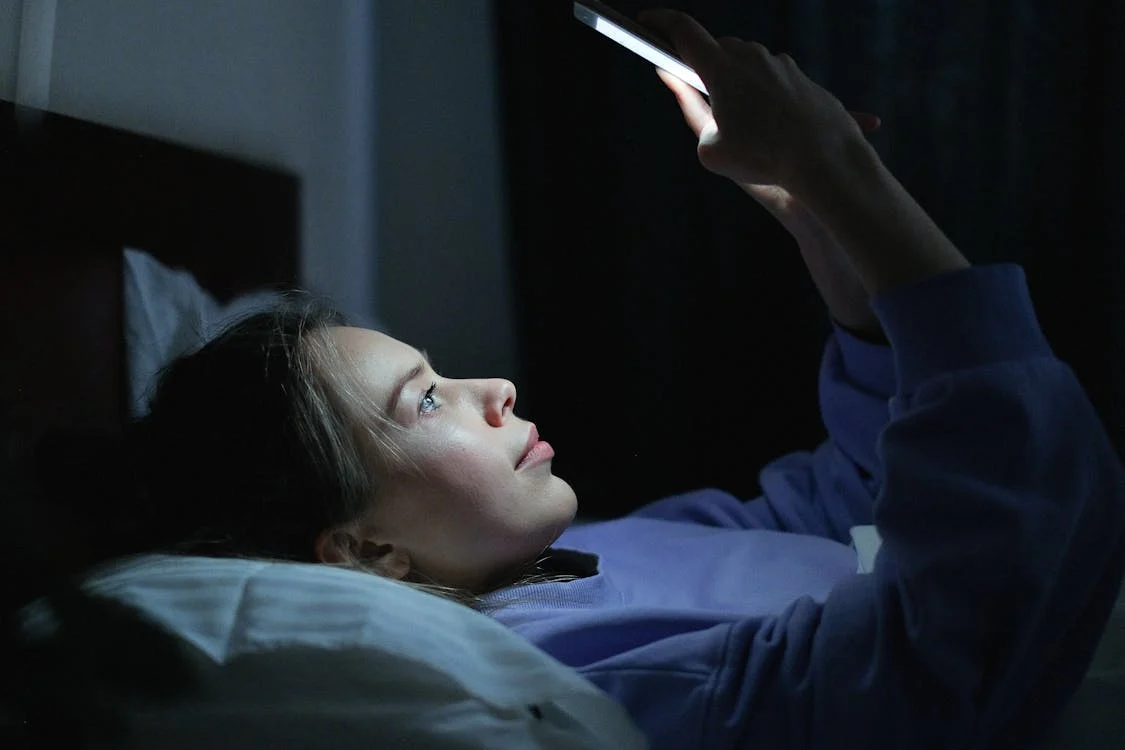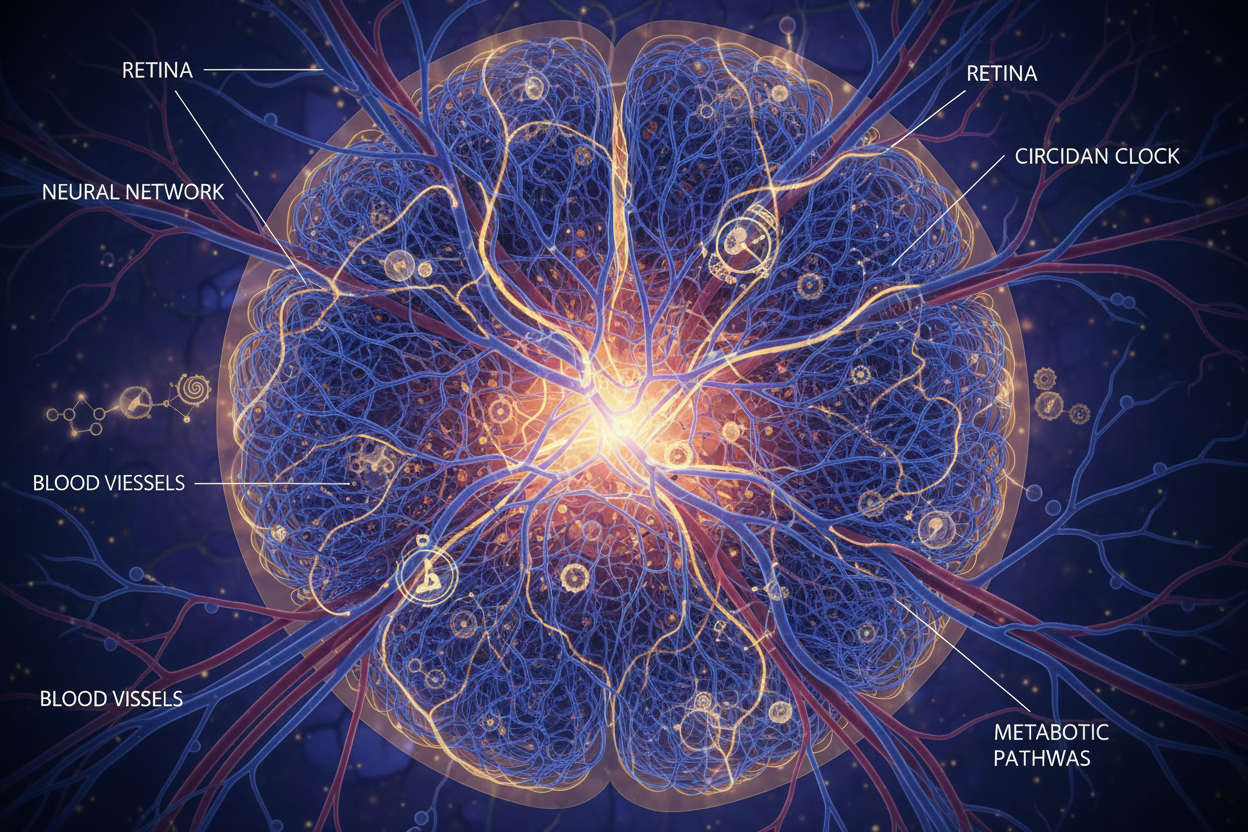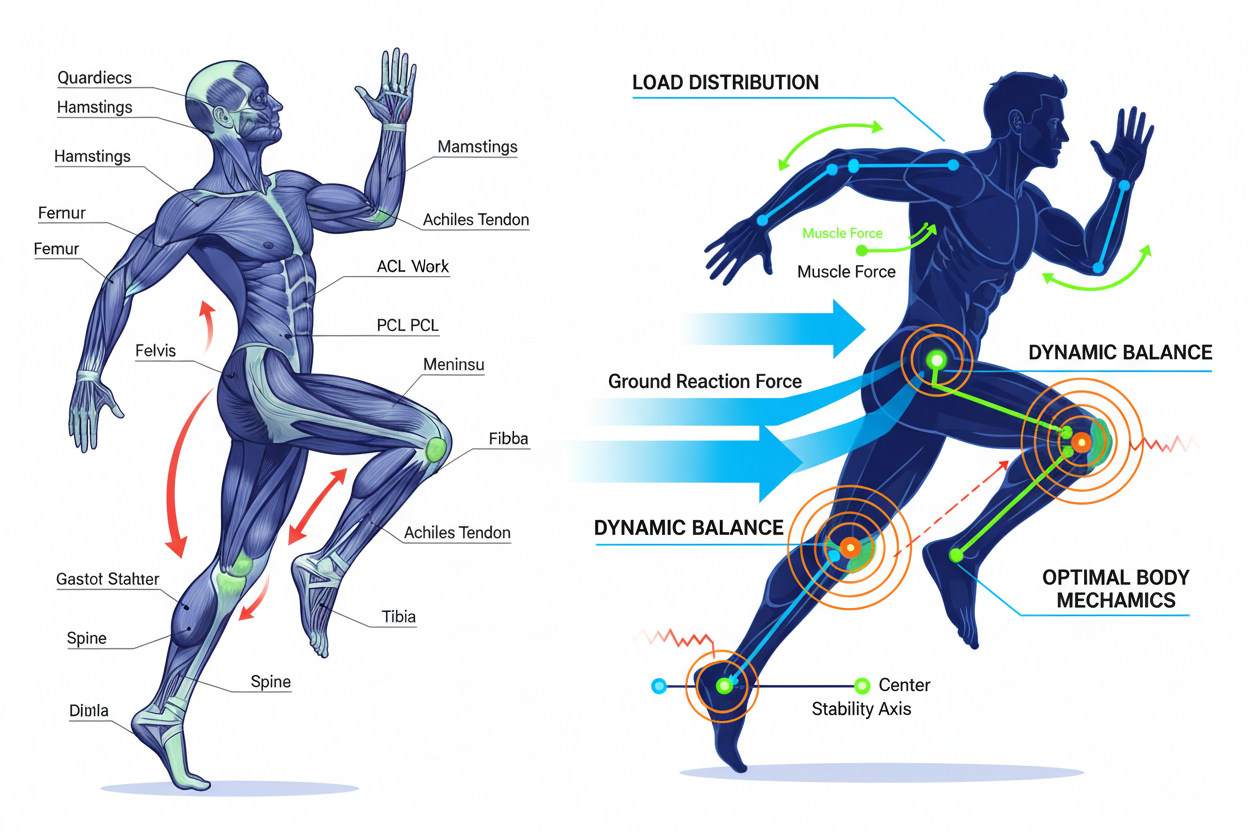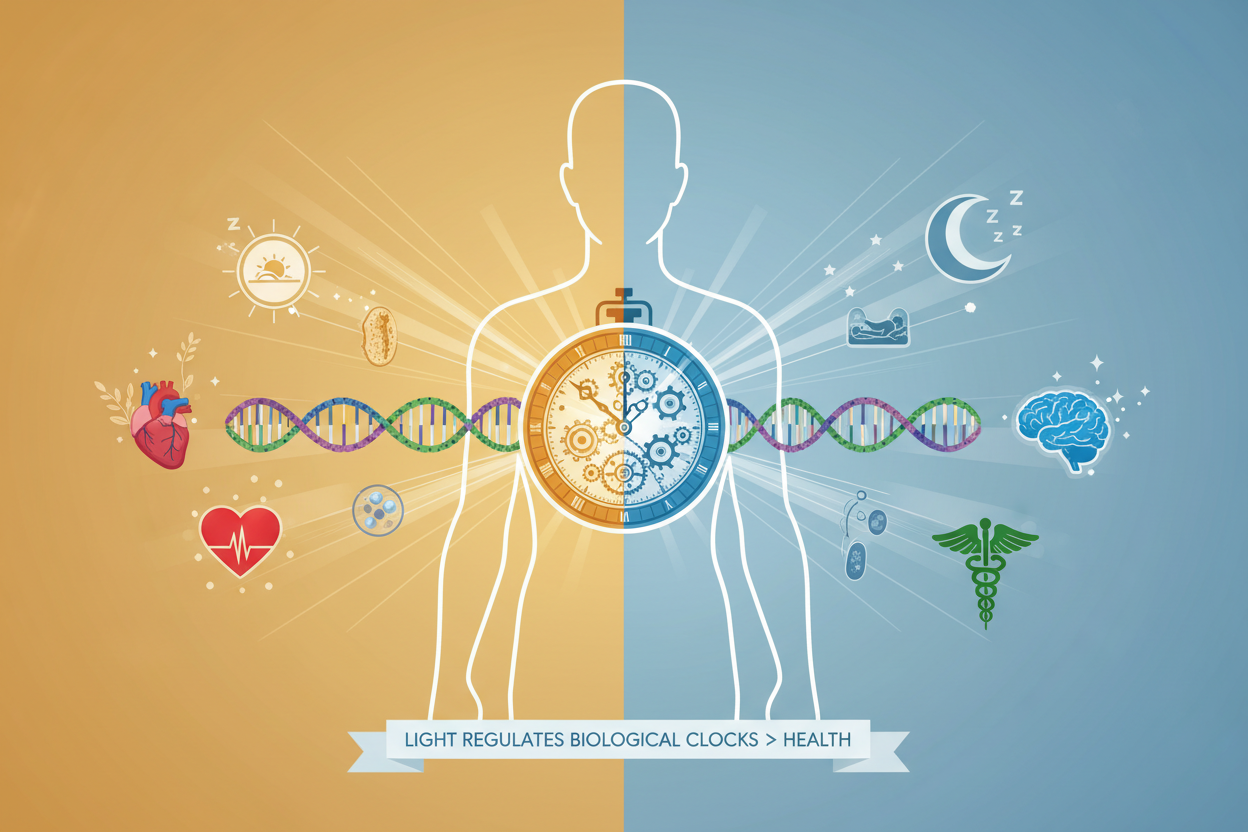
Darkness as Medicine: How Night Light Affects Our Health
Imagine it's midnight. The city outside is still blinking and pulsing, but you finally lie down in bed. One last check of social media, a few minutes of scrolling... and suddenly it's 2 a.m. Do you know that feeling? You're not alone. In today's 24/7 world, darkness has become a rare luxury. But what if I told you that this nighttime glow could be a silent enemy of your health?
Light at night: A modern epidemic?
A recent study published in the journal Chronobiol Int. revealed a shocking connection between nighttime lighting and our metabolism. Imagine that just one night spent under bright light can disrupt your body so much that it affects how you process energy. It's like telling your body that night is day, and then it doesn't know when to burn calories and when to rest.
But it's not just about one study. Scientists around the world are sounding the alarm:
1. Circadian chaos: Your internal clock is as confused as a tourist in a new city without a map.
2. Melatonin running low: This "hormone of darkness" helps you fall asleep. Without it? You'll be counting sheep forever.
3. Metabolism on a roller coaster: Your body doesn't know when to digest and when to rest. The result? Maybe those extra pounds that just won't go away.
How to outsmart artificial light?
Don't worry, you don't have to become a caveman. Here are a few tricks to outsmart modern lighting:
1. Evening atmosphere à la candles: Try spending one evening only by candlelight. It's romantic and your body will thank you.
2. Smartphones for quarantine: Create a "no-go zone" for electronics an hour before bedtime. Instead of scrolling, read a book or talk with your partner.
3. Bedroom as a cave: Darkness, silence, cold. Transform your bedroom into the perfect environment for sleep. You will sleep like a bear in winter.
4. Morning light shower: As soon as you get up, give yourself a good dose of daylight. It's like coffee for your internal clock.
5. Night shifts? Protective glasses!: If you have to work at night, invest in glasses that block blue light. You'll look like you're from The Matrix, but your body will thank you.
Conclusion: Revolution in the Dark
Imagine that you could improve your health, mood, and maybe even your weight simply by turning off the lights. Does it sound too simple? Maybe. But sometimes the simplest solutions are the most effective.
So how about we start a "revolution in the dark" together? Begin with small steps. Turn off the light an hour earlier. You'll see how your body starts to change. Who knows, you might discover that darkness is not just the absence of light, but the presence of something much more valuable – health.
Remember that in the rhythm of nature, darkness is just as important as light. It is time to rediscover the magic of the night and let our bodies dance in its dark embrace.



Leave a comment
This site is protected by hCaptcha and the hCaptcha Privacy Policy and Terms of Service apply.